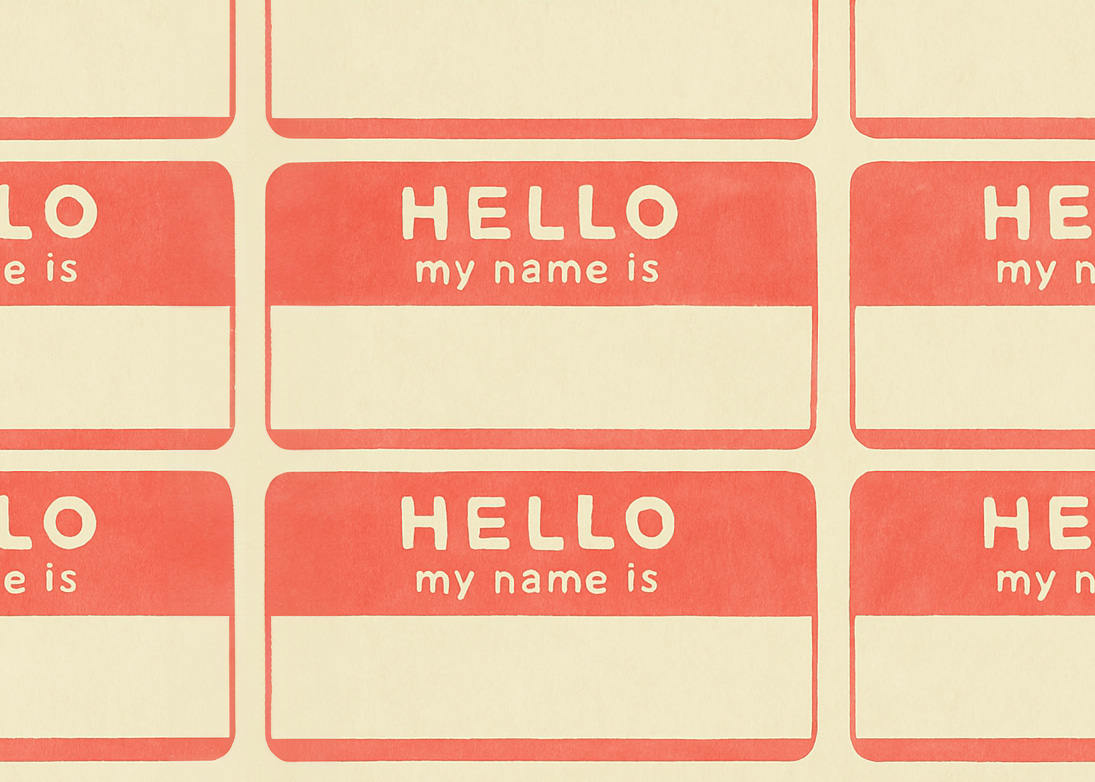Identity labeling is useful — until it isn't
For every label, there's a time and a place

When I was diagnosed with autism, I was ecstatic. I told close friends as if I’d gotten a new job or won a fellowship. There was no shame in it—just relief and clarity.
My friends already know me. Years of shared experience have carved their perception of me into deep, familiar grooves. If anything, the diagnosis reshapes their understanding of autism, not of me.
But with people who don’t know me well, the logic reverses. Lacking a personal history to go on, they start with the label. And that label carries its own grooves—worn not by me, but by cultural shorthand.
Autism is one thing about me. It’s not the thing.
We all use labels to present ourselves. Our social media bios are little product descriptions: what you’re getting, in shorthand. My default tags are woman, lawyer, mother, and now, autistic person. Each one carries baggage—positive or negative—based not on who I am, but on how society in general and how a person in particular views that group.
Some discomfort comes from how society distorts those labels. I’ve experienced this, on an almost shameful level, with the term “mother.”
I know, intellectually, that I and the mothers I admire are curious, whole, intelligent people. And yet I’ve internalized the stereotype: that mothers today are over-attached, fearful, easily prey to conspiracy theories.
I hate that this image exists—and I hate that part of me flinches when I see “mother” in a bio, including my own.
In the late 2010s, I was working at a law firm as colleagues began adding pronouns to their email signatures.
I understood why. Making pronouns visible helps trans colleagues navigate a world hostile to their existence. It’s a real form of allyship.
And yet, for me, there was friction. To add “she/her” to my signature felt like declaring, in every professional interaction, that my gender was relevant. But I didn’t believe it was. Not for how I think, argue, or solve problems. If anything, autism has shaped my work style more than gender has.
Looking back, I now recognize this dissonance as deeply autistic: discomfort with signaling something outwardly that doesn’t match what I feel inside.1
Declaring my gender felt performative—misaligned with the context, unnecessary to the conversation.
I wanted to support others in naming their identities without having to foreground mine.
So I pieced together a haphazard approach. No pronouns in my email signature. But I accepted LinkedIn’s prompt to include them.
That said, labels do have their uses.
I’ll mark “female” on medical forms. I’ll book a woman’s haircut. When I walk into a department store, I ask where the women’s shoes are.
In those settings, the label clarifies something relevant. I want the person on the other side of the interaction to use that information.
So what does this mean for autism?
It means I won’t lead with it in every room I enter. There are places where it matters—like here, where I’m writing about it explicitly. And there are places where it doesn’t—or where the danger of being misread outweighs the potential benefit of disclosure.
I wish more of us would consider not just what labels we use, but why we’re using them in a given context. If your identity—neurodivergent, trans, parent, woman—is central to how you move through the world, then by all means, name it boldly. But if it’s only one part of a more complex self, you don’t owe the world your taxonomy up front.
Sometimes the best way to teach people who you are is to let them meet you first.
For more views on the topics in this post, read Emma Roig at the Big Shift on Neurodivergence beyond labels; Davina Cooper on the London School of Economics Blog, Presenting our pronouns: When feminist politics pull in different directions; and Megan Anna Neff at Neurodivergent Notes on Being Perceived, The Morning Show, and Autism Moms.
In Pier Jaarsma’s fascinating 2014 doctoral dissertation, he discusses research on lying and autism:
“Lying… is a common phenomenon amongst human beings. It seems to play a role in making social interactions run more smoothly. Too much honesty can be regarded as impolite or downright rude. Remarkably, lying is not a common phenomenon amongst normally intelligent human beings who are on the Autism Spectrum. They appear to be ‘attractively morally innocent’ and seem to have an above average moral conscientious objection against deception.”
I think this discomfort with “lying” goes beyond verbal dishonesty. It can include insinuating, implying, or signaling something that the autistic person doesn’t believe to be true. This, I suspect, is part of why masking or camouflaging can feel so draining. It’s not just the cognitive effort of playing a part—it’s the ethical discomfort of presenting a version of yourself that feels false. The toll comes not only from the performance, but from the deception it requires.

